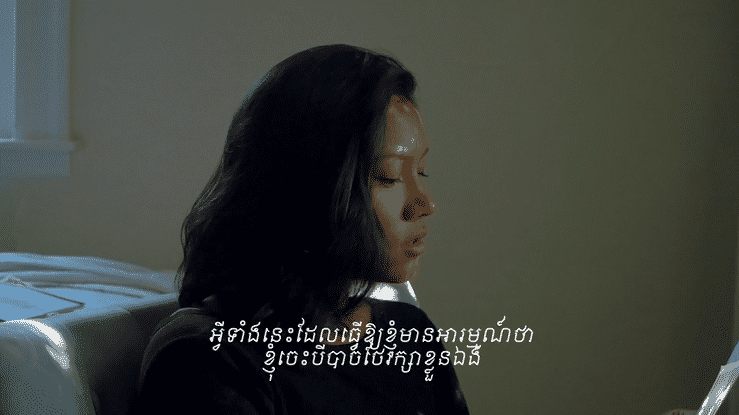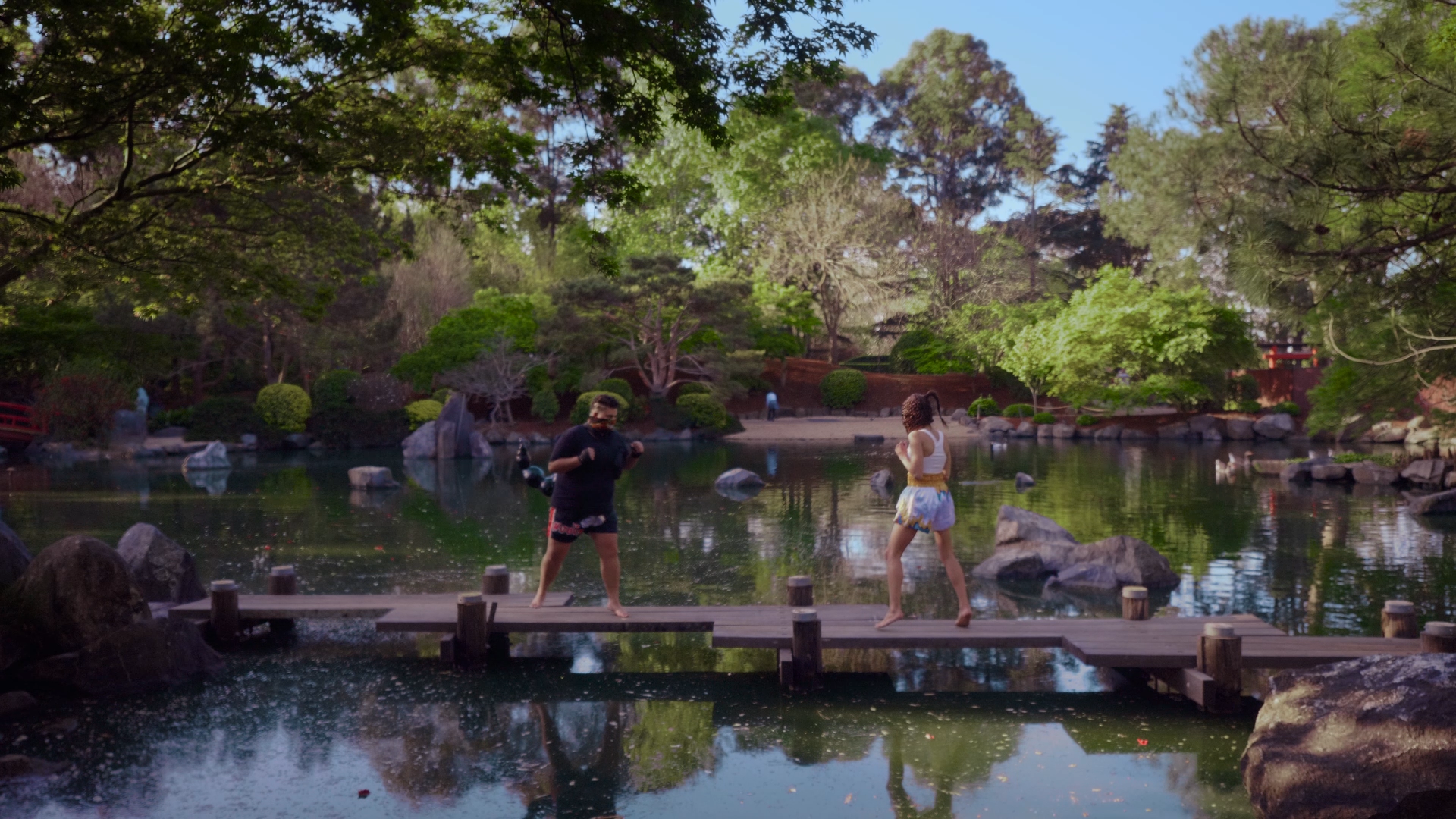Liminal's Top Picks — Prototype Festival
Prototype’s 2021 program expands to a cohort of high-calibre Australian and international artists working at the cutting edge of visual culture, with works across two broad streams: the age of the anthropocene; and heritage, lineage and community.
Here are LIMINAL’s top picks for prototype.
Audrey Lam’s Is Anybody Coming Over to Dinner
Streaming from June 23
Audrey Lam is an artist-filmmaker making small, idiosyncratic works on 16mm film, with a long association with the Artist Film Workshop, a much loved collective in Melbourne. For her new work for Prototype, Audrey spent months, camera-in-hand, with a seven-year-old child, Yoki, in his multilingual family in the months following the birth of his brother. Bouncing between colour and black and white, Audrey lovingly traces the passage of time and the colour of daily childhood life as Yoki dances, chatters and plays, moving between echoes of English, Japanese and German. Call it a documentary, a diary film or an instinctive piece of visual storytelling – however you describe it, it’s an exuberant work brimming with lifeforce.
Pilar Mata Dupont’s La Maruja
Streaming from July 7
Pilar Mata Dupont is a visual artist crossing over to experimental film; how fascinating to watch a high-calibre contemporary artist’s practice morph and elevate in real time. As a work at the cross-section of art and cinema, La Maruja unravels the mysteries of matriarchy and ancestry in Pilar’s family.
The work’s richness and spookiness comes from its setting: a sprawling family ranch in rural Argentina—built on stolen Querandí land back in the late 1800s. Pilar is someone actively working through what it means to be from two settler-colonial countries—Australia and Argentina—and she’s an artist on the rise.
Allison Chhorn’s Missing
Streaming from June 30
Allison Chhorn is one of a rising group of independent local filmmakers who are making work outside the conventional film funding systems and linking her own history to the histories of others. Having screened films to great acclaim overseas at the New York Film Festival and Visions du Réell, her new work Missing gently probes what it means to inherit a story while forging new ones, imagining the lives of the Cambodian diaspora decades after the Khmer Rouge’s brutality.
Missing is a gorgeously slow-burn work – a scripted drama that feels like a documentary and explores the ghosts and traumas that follow migration.
Gabrielle Brady’s Remain
Exhibiting now
If you saw Gabrielle Brady’s debut feature documentary, the transcendent Island of the Hungry Ghosts, you knew you were seeing a filmmaker working on the edge of convention. Now based in Berlin, Gabrielle’s specialty is making stories that fill in the negative spaces of official histories. Evocative and haunting, her new work for Prototype takes a sidelong view of the lost stories of Chinese and Malay indentured workers in Australia.
Remain is a fascinating counter-history of what remains of their lives in the mining industry on Christmas Island, revealing the island’s layers of coerced settlement in the years traversing British annexation, Singaporean administration and its purchase by Australia.
Justine Youssef & Leila El Rayes’ Say Swear: This is one way we can find each other if we ever get lost
Streaming June 16
Say Swear… is another artwork imaginatively tracing a chain of connection between community, becoming and belonging. Long before the pandemic, the artists brought together a group of gender and sexually diverse youth to perform alternate personas of resistance, love and selfhood in the Western Sydney area. The participants drew on nostalgic video-game conventions remembered from their childhoods and reworked with references from their disparate cultural heritages – streetwear, firebrand haircuts, Middle Eastern wedding rituals and traditional music. In strong, striking, near-mythical images, the resulting work explores the in-betweenness of identity, the shapeshifting of contemporary gender and the self-determination of young people to forge their own sense of selves in an often hostile society.






